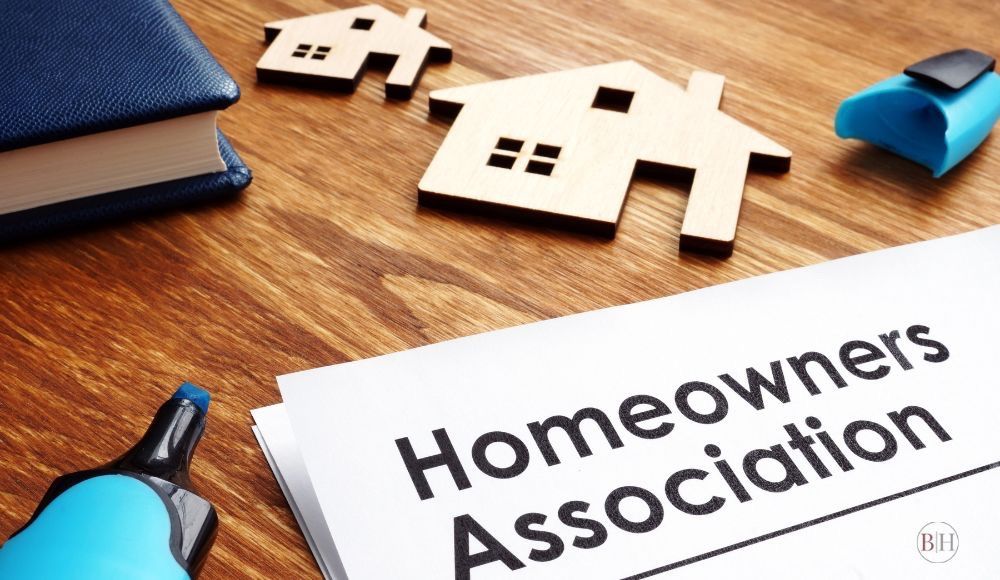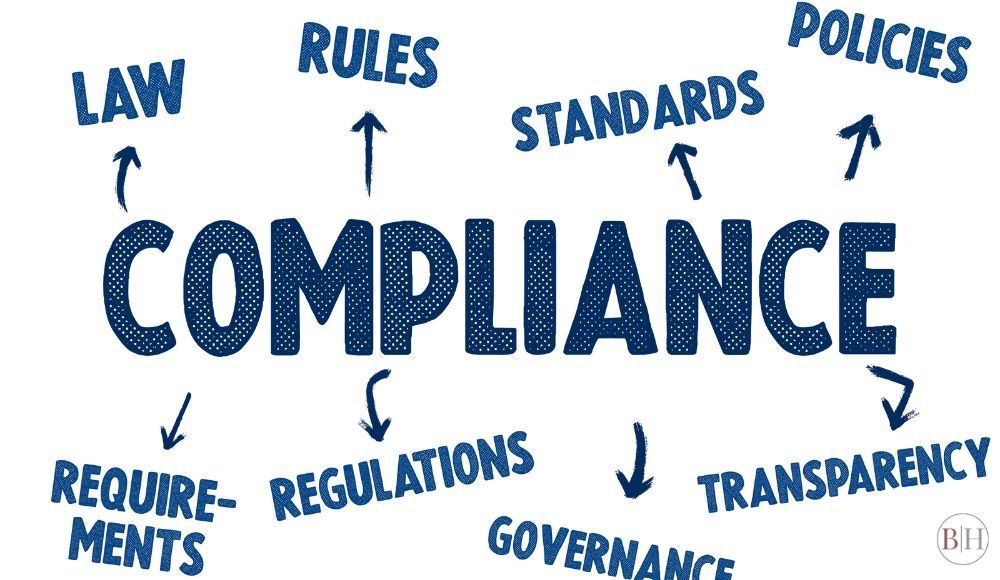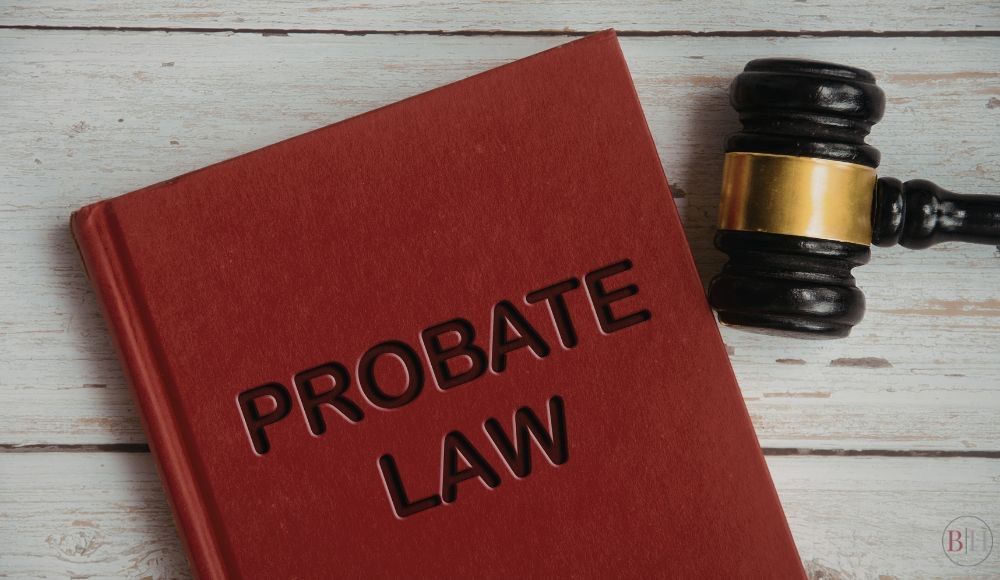Homeowners Associations: Rights and Obligations

Homeowners associations (HOAs) exist in the realm of real estate law and are necessary for managing community living by enforcing rules and maintaining shared spaces. Understanding the rights and obligations involved is essential for both homeowners and board members to ensure harmonious living and effective governance within the community.
Role and Power of HOAs
HOAs manage and govern residential communities, helping to maintain their desirability and proper maintenance. The community's governing documents and state laws grant HOAs the power to enforce rules that protect property values and quality of life.
The organization controls communal spaces, enforces architectural requirements, and distributes budgeted funds derived from homeowner fees. The board members, elected through resident elections, establish community policies, handle disputes, and adhere to community guidelines.
HOAs provide mediation services to improve community living, but they have the authority to impose fines on non-compliant residents and will take legal action when necessary. HOAs maintain community cohesion by balancing individual property rights against community welfare needs to establish a peaceful environment for residents.
Dispute Resolution Mechanisms
Dispute resolution mechanisms in an HOA efficiently address conflicts while maintaining community harmony. These processes typically involve internal dispute resolution (IDR), alternative dispute resolution (ADR), and, as a last resort, legal action.
IDR is the first step in resolving disputes within an HOA and focuses on addressing conflicts internally. It involves both parties reviewing the governing documents and submitting a formal complaint. The disputing parties meet to clarify issues and explore solutions. The board may facilitate a mediation session internally or escalate to a neutral third-party mediator if the dispute is unresolved. The HOA board reviews the case and decides based on the governing documents. If homeowners find the decision unfair, they can appeal through higher HOA authorities or committees.
ADR methods are the next step when IDR fails or is unavailable. These include:
- Mediation: A neutral mediator helps disputing parties reach a voluntary agreement. Mediation is less formal and private and allows both parties to retain control over the outcomes.
- Arbitration: A neutral arbitrator listens to evidence from both sides and makes a binding decision. This process is more structured than mediation but less costly than litigation.
If both IDR and ADR fail, disputes may escalate to court proceedings involving filing lawsuits, attending hearings, and receiving legally binding judgments. Legal action is generally expensive and time-consuming, making it a last resort.
Amending HOA Rules and Regulations
Changing the HOA’s rules and regulations requires a structured process to ensure community consensus and compliance with governing documents. First, a designated committee drafts and shares the proposed changes with homeowners for review and discussion. A meeting addresses concerns and suggestions, promoting transparency and participation.
Amendments generally require a formal vote, with the necessary approval rate specified in the association’s bylaws. Once approved, the updated rules are documented and distributed to all homeowners, ensuring everyone knows their rights and responsibilities under the new regulations.
Contact the Real Estate Lawyers at Bingaman Hess Today
Do you want to experience the benefits of working with a real estate lawyer? Contact Bingaman Hess to schedule a consultation with one of our experienced real estate law attorneys. Our seasoned legal professionals bring a wealth of skill and experience to every case, ensuring you receive the highest level of representation and personalized attention.
This article is for informational purposes only and does not constitute legal advice. No one may rely on this information without consulting an attorney. Anyone who attempts to use this information without attorney consultation does so at their own risk. Bingaman Hess is not and shall never be responsible for anyone who uses this information. It is not legal advice.









